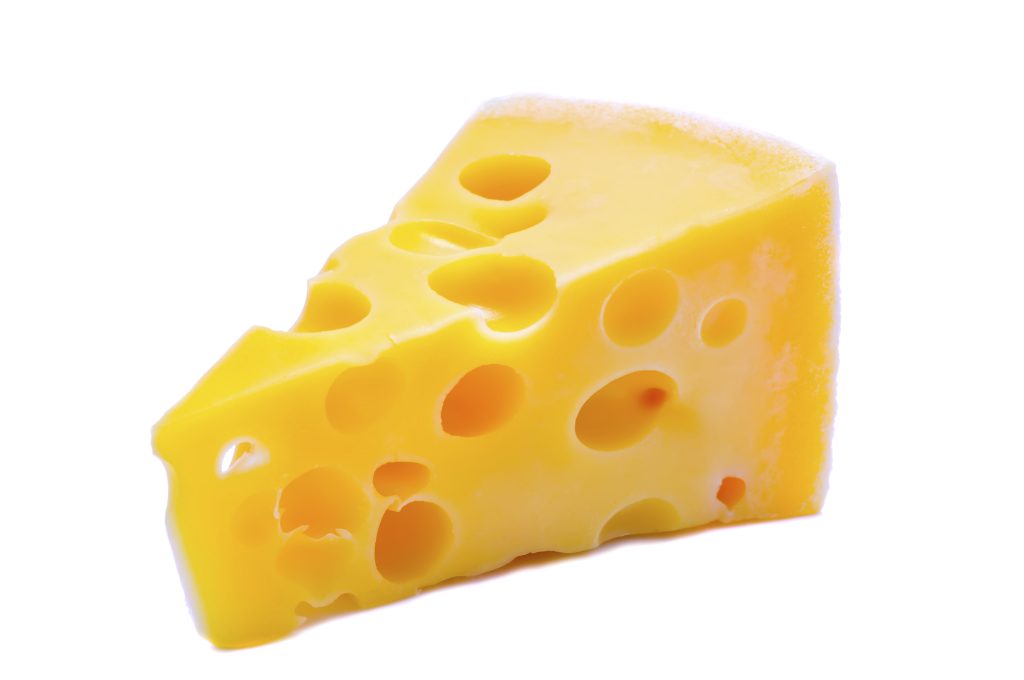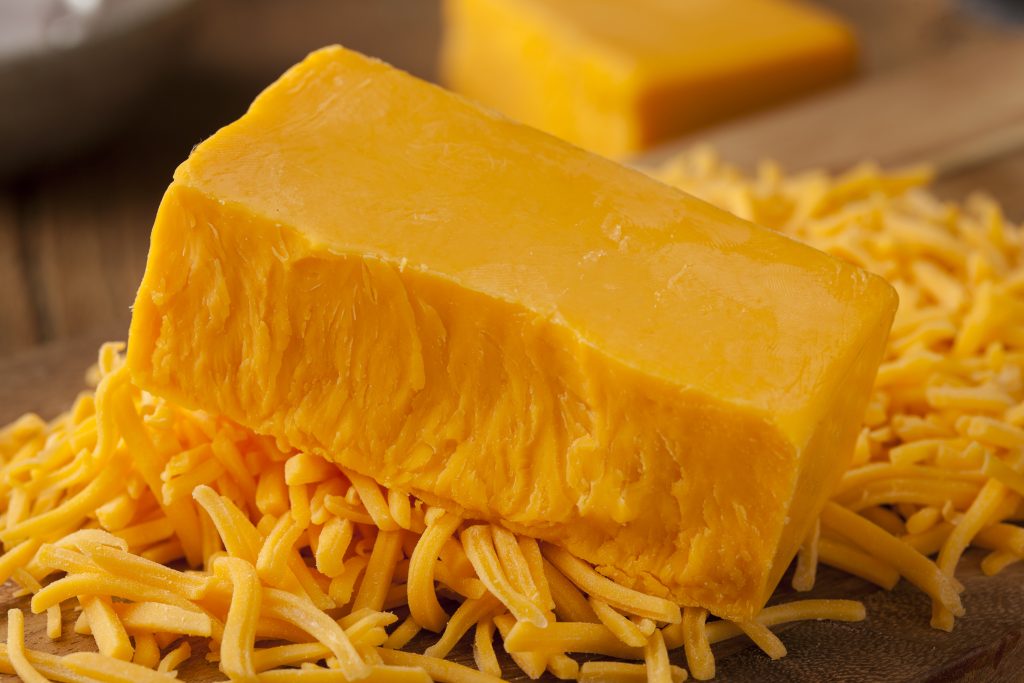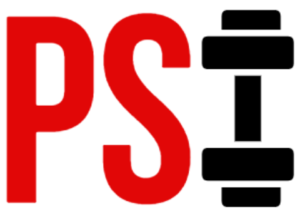Have you ever thought of cheese as a source of protein? We’ve all grown up hearing about the importance of getting sufficient amounts of protein, but we don’t always think outside the box when it comes to finding sources to get it from. As it turns out, cheese could be your key to meeting those protein goals!
This article will explore why cheese is actually a complete protein—meaning it contains all of the necessary amino acids your body needs to function properly and build muscle. We’ll discuss the difference between complete and incomplete proteins, why cheese is a great option for athletes or anyone looking to up their protein intake without any fuss, and how much you should be eating. So grab a wedge of your favorite cheese and let’s dig in!
What Is a Complete Protein?
A protein we get from food is considered complete when it has all nine essential amino acids. These amino acids are required for our body’s growth and repair, as well as energy production. While our bodies can produce some of these essential amino acids on their own, the other must be obtained through food sources.
Animal-based foods like eggs, dairy, fish, and meat are considered complete proteins because they contain all the essential amino acids that the body needs. Plant-based sources of complete protein include quinoa, chia, hemp, and spirulina. But what about cheese? Is it a complete protein?
Well, it turns out that some cheeses are indeed considered complete proteins due to their high content of these 9 essential amino acids!
Types of Cheese: Hard, Soft and Processed
When it comes to cheese, not all types are created equal, and each one offers different benefits. Generally speaking, there are two classifications of cheese when it comes to protein: hard cheeses and soft cheeses.
Hard Cheeses
Hard cheeses include cheddar, Asiago D’Allevo, Grana Padano, Manchego and Parmesan. These cheeses contain more protein than soft cheeses, with an average of 10-20 grams per serving compared to 7-8 grams for the softer varieties. They provide a great source of energy as well as other important nutrients like calcium, B vitamins and zinc.
Soft Cheeses
On the other hand, soft cheeses—such as mozzarella, burrata and feta—are a good source of complete protein and contain fewer calories than their harder counterparts. Soft cheese is also a great source of healthy fats that help provide energy throughout the day.
Processed Cheese
Finally, processed cheese—which is essentially a mixture of hard and soft cheese with added emulsifiers—is not considered a complete protein since it does not contain all 9 essential amino acids needed for muscle building. This type of cheese may still provide some nutritional value but should be consumed in moderation due to its high sodium content.

Health Benefits of Cheese as a Protein Source
Did you know that cheese can be a great source of protein? There are loads of health benefits of cheese to make it an excellent protein source.
For starters, not many people know that cheese is high in Vitamin B12. It’s also full of vitamins A and B12, plus zinc, phosphorus, and calcium—all essential nutrients to have if you want to build muscle.
Plus, the protein in cheese is much easier for the body to digest than other forms of animal protein. The presence of calcium can help you absorb more amino acids, which break down into the building blocks for muscle building and repair.
Finally, cheese can also help you reach your daily macro goals! Whether you’re looking for a pre-workout snack to fuel your workouts or just trying to reach your daily macro goals, cheese helps provide the necessary protein when combined with other nutritious sources like fruits and vegetables.
By now it’s clear that cheese is an excellent source of complete protein—so don’t forget to include it in your diet!
How Cheese Can Help Build Muscle Mass
Are you looking to build some muscle, but don’t want to limit yourself to just meat? Well, you might be surprised to find out that cheese is an excellent source of complete protein, and can help with muscle mass gain.
Amino acids
Cheese contains amino acids — the building blocks of muscle tissue — so having it as a part of your diet rich in protein can help you gain and maintain muscle mass. Not only that, but cheese ingestion increases muscle protein synthesis rates both at rest and during recovery from exercise.
High in Protein
Speaking of protein, cheese is high in it compared to other dairy products. A one-ounce serving of cheddar cheese for example contains 6.4 grams of protein and 200 milligrams of calcium. A dollop of cottage cheese has 14 grams of protein and 200 milligrams of calcium per 1/2 cup serving – plus it’s low-fat, too.
These facts alone show why incorporating cheese into your diet can provide excellent nutrition for beefing up your muscles and getting fit. So if you’re looking for a delicious way to get the benefits of complete protein while avoiding meat, then look no further than good ol’ reliable cheese!
Cheese-Related Dietary Tips and Considerations
When it comes to eating cheese as a source of protein, there are a few things to keep in mind. The American Heart Association recommends limiting your intake of full-fat cheeses, especially those made with whole milk. As such, it’s typically best to opt for lower fat versions. In addition, 5 ounces of natural cheese is recommended per serving, so be mindful not to overdo it.
Most Cheeses are high in fat content. Adding too much cheese to your diet can increase calories significantly. If you are looking to lose weight, you may want to consider cottage cheese instead. Cottage cheese, especially the low fat version, is a great source of protein and low in fat.
On the other hand, if you are losing fat with a low carb diet, cheese is a great addition to your meal plan. Cheese is low low carb, high in fat (good for a low carb diet) and a great source of protein.
When used in moderation and at sensible portion sizes, cheese can be a great way to get the protein you need without sacrificing taste. In fact, research shows that eating cheese can help lower blood pressure and aid weight loss, as well as help prevent heart disease and osteoporosis. So when considering cheese for muscle building or overall health benefits, keep an eye on the size of your servings and seek out the types that are lower in fat—your body will thank you!

Exploring Popular Cheeses in Different Cuisines
If you love indulging in cheese, then you’re in luck. There are thousands of varieties of cheese found around the world! You may be familiar with many of the most popular cheeses, but do you know which countries they come from?
Here’s a quick run-down on some of the most well-known types:
Parmesan
Parmigiano Reggiano is a type of hard Italian cheese, often referred to as “the King of Cheese.” It’s made in the provinces of Parma, Reggio Emilia and Bologna. Its slightly salty yet nutty taste is characteristic of Italian cuisine.
Cheddar
Cheddar is a popular English cheese that originated in the 12th century. It takes its name from a village in England and is described as having a tangy flavor. Cheddars can range from mild to extra sharp, depending on age and origin.
Gouda
Gouda hails from the Netherlands and is one of the oldest known types of cheese. It has a mild yet slightly sweet flavor and comes packed with vitamins A, B12 and D3.
Swiss
Swiss cheese has large holes caused by fermentation and is commonly used for sandwiches and fondue cooking. It has a creamy texture with nutty undertones. Emmentaler Swiss and Gruyère are two popular varieties found throughout Europe.
From soft to hard cheeses, there’s something for everyone! Cheese isn’t just delicious—it’s also an excellent source of complete
Conclusion
Cheese is an excellent source of complete protein and there are a variety of ways you can incorporate it into your diet. Cheese is not only delicious and versatile, but it’s also a nutrient-dense food with many health benefits. Cheese is a great addition to a healthy eating plan because it can help to increase muscle mass, boost your immune system, and provide essential nutrients. With so many varieties of cheese to choose from, you can easily find a favorite and turn it into a healthy and delicious meal or snack. So go ahead and get cheesy – your body will thank you for it!
Time to go Pump Some Iron!


